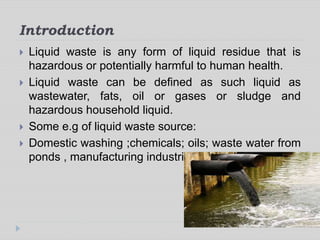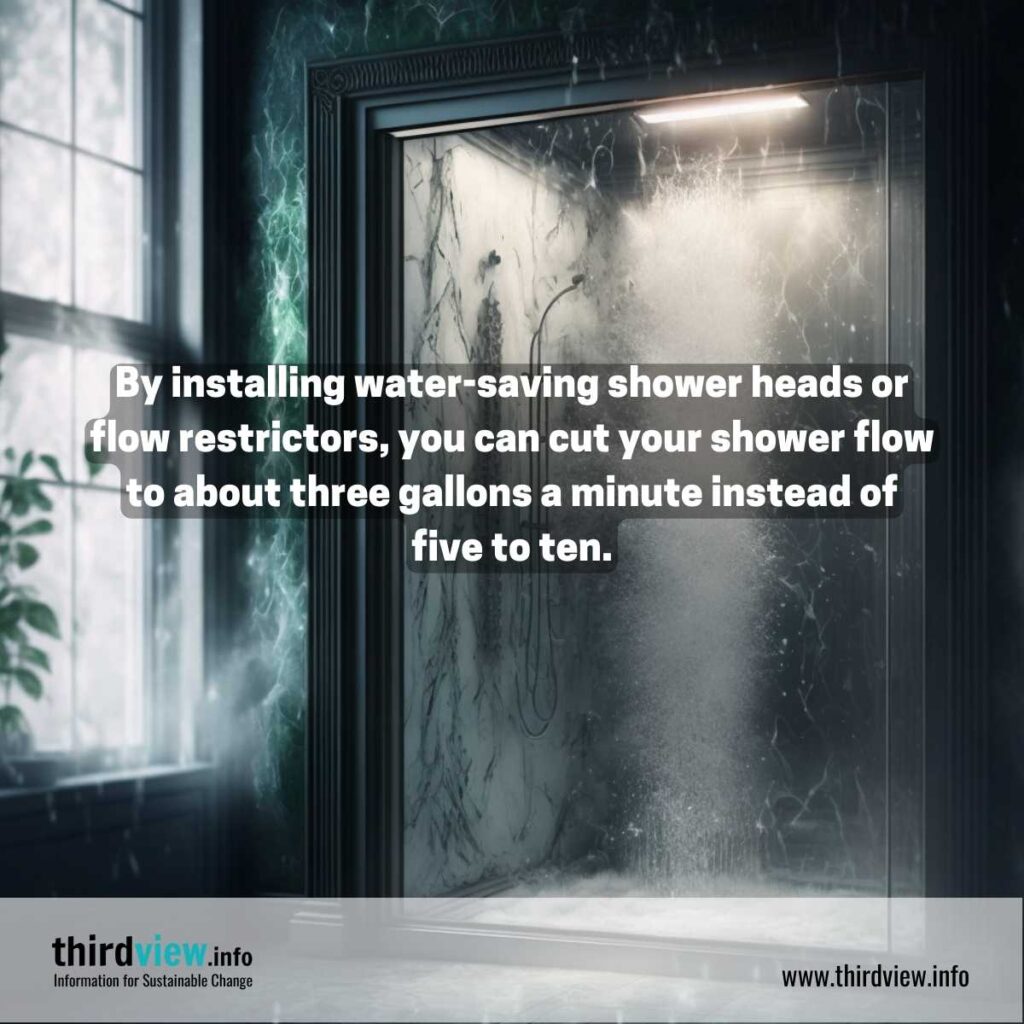The smart Trick of Reclaim Waste That Nobody is Talking About
The smart Trick of Reclaim Waste That Nobody is Talking About
Blog Article
The Definitive Guide for Reclaim Waste
Table of ContentsThe Buzz on Reclaim WasteExcitement About Reclaim Waste8 Easy Facts About Reclaim Waste DescribedReclaim Waste Fundamentals ExplainedThe Basic Principles Of Reclaim Waste Our Reclaim Waste Ideas

Never put dangerous compounds down sinks, bathrooms or stormwater drains Compounds consisting of fuel, grease, oil, pesticides and herbicides, and solvents such as paint pole dancers ought to not be poured down sinks, commodes or stormwater drains pipes. These materials are challenging to eliminate in the sewer therapy procedure and cause contamination problems in our regional rivers.

Although fluid waste is a term that covers a broad range of materials, there's a good reason why leaving its disposal to the professionals is suggested. Fluid waste is non-solid material that has no further usage and should be dealt with and disposed of according to local, state and government regulations.
A Biased View of Reclaim Waste
Examples of fluid waste can consist of wastewater, fats, oils or oil, utilized oil, liquids, solids, gases or sludges and hazardous house liquids, there are some that are considered to be more unsafe than others when it comes to the setting and the health and wellness of animals and humans alike. It's because of this that each state and area have actually stringent guidelines linked to fluid waste management.
Liquid waste can be saved in holding storage tanks or packaged in drums, intermediate mass containers or approved tiny containers before either being treated or removed by means of outsourced vacuum vehicles. Provided the nature of the products, liquid waste can not go in the basic waste stream and there are strict laws on how to get rid of it correctly.
(https://disqus.com/by/reclaimwaste1/about/)Depending upon a decision of the level of risk, it might be required to remediate those websites. Additionally, hazardous fluid chemical wastes are regulated waste and has to be tracked based on the state waste legislation. Under the chain of safekeeping and duties, owners are responsible and accountable for waste generated by a business.
One of the core applications for superabsorbent polymers (SAPs) is liquid waste solidification. industrial wastewater treatment. SAPs are used by waste management experts to prevent possibly damaging liquids from entering waterways, groundwater aquifers, and other see delicate environments. Since fluids can quickly carry impurities into environmental receptors and possibly contribute to geotechnical failings, liquid wastes are generally prohibited from disposal in garbage dumps
Unknown Facts About Reclaim Waste
Essentially, complimentary fluids are fluids that separate from the solid part of waste material. Liquid waste can include the following: HDD mud and cuttings Landfill leachate Wastewater treatment sludge & biosolids Dredged sediments Oil and gas drill cuttings Clearing up pond muck Hydro Excavation slurry Coal combustion residuals/ash Storage tank bottom sludge Concrete grinding/polishing slurry Associated Write-up: For a sensible instance of complimentary fluids dividing from waste material, think about the following scenario: A waste management specialist tons a dump associate sludge from a wastewater treatment plant's oygenation container, during a routine upkeep event.
When the driver gets here at the garbage dump, he notices water seeping from the sludge and putting from the dump truck. The lots was denied by the land fill and the motorist was forced to throw away the waste as a liquid waste at a special center, which enhanced the disposal fees enormously.
We likewise need to be accountable for the proper disposal of our waste materials. It is not enough that we pay waste disposal firms to take treatment of our rubbish.
The smart Trick of Reclaim Waste That Nobody is Talking About

The optimal area is a good exterior area with lots of sunshine and air. Segregate your waste. Segregating your waste can start inside the home. Segregate completely dry and liquid waste along with edible waste, naturally degradable and non-biodegradable products. Always maintain the lid on your bins to prevent pests, worms, flies, and undesirable smells.
Layer the base with soil to take in the damp waste. Layer the garden compost with damp and completely dry waste as well as soil to keep an equilibrium between the damp and the completely dry.
See This Report on Reclaim Waste
Cover the garden compost bin. As soon as a week, include dirt on top of the compost. To facilitate faster disintegration, you can additionally include semi composted soil to the compost. Keep the garden compost. If you see the scent is ending up being too strong, add added newspapers and paper waste or include more holes to the compost container to keep the balance of the waste products.
We additionally need to be liable for the proper disposal of our waste products. It is not sufficient that we pay waste disposal companies to take treatment of our rubbish.
Our waste, our obligation. Have you ever before wondered what takes place to your liquid waste after it's collected? Did you understand that fluid waste can be recycled?
Fascination About Reclaim Waste
Segregating your waste can begin inside the home. Segregate dry and liquid waste as well as edible waste, biodegradable and non-biodegradable materials.
Layer the base with dirt to soak up the damp waste - liquid waste removal. Layer the compost with wet and completely dry waste as well as soil to keep an equilibrium between the wet and the completely dry.
Cover the compost bin. As soon as a week, include soil in addition to the compost. To help with faster decay, you can also include semi composted dirt to the garden compost. Keep the compost. If you notice the scent is coming to be too strong, include additional newspapers and paper waste or include even more holes to the garden compost bin to keep the equilibrium of the waste products.
Report this page